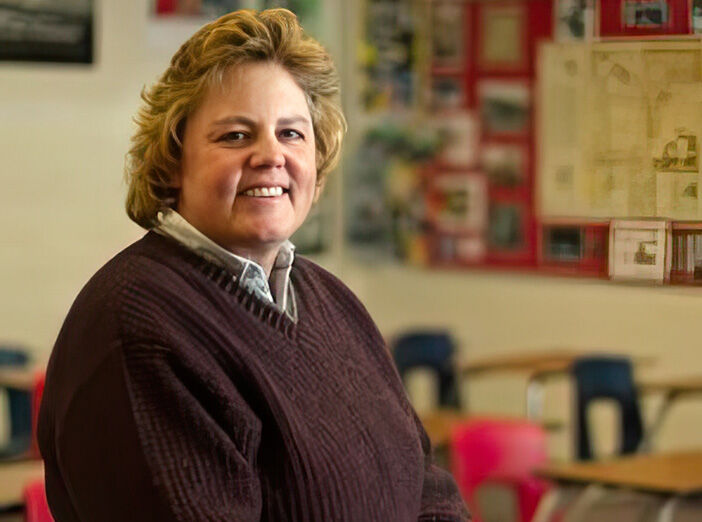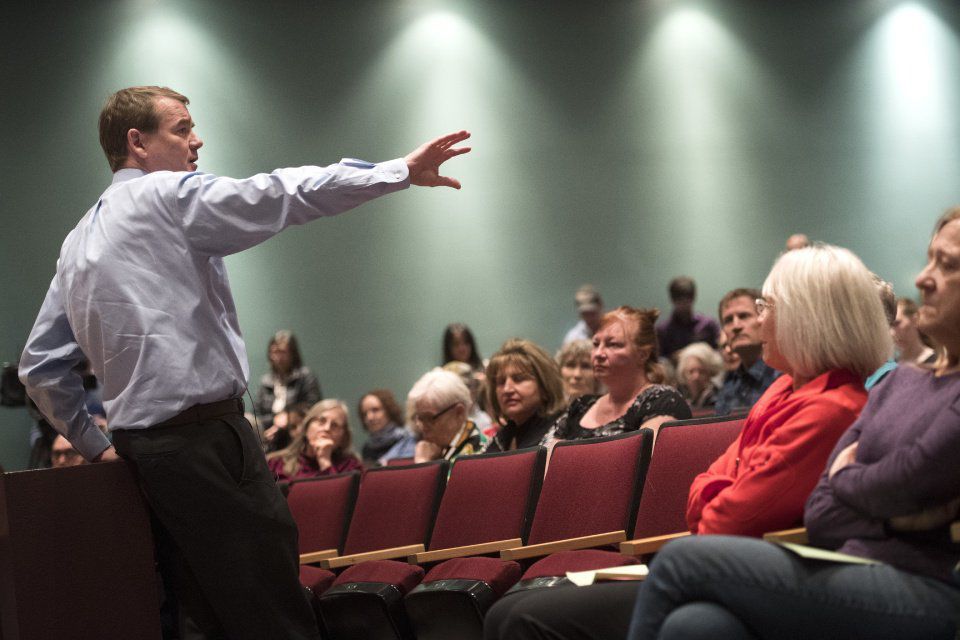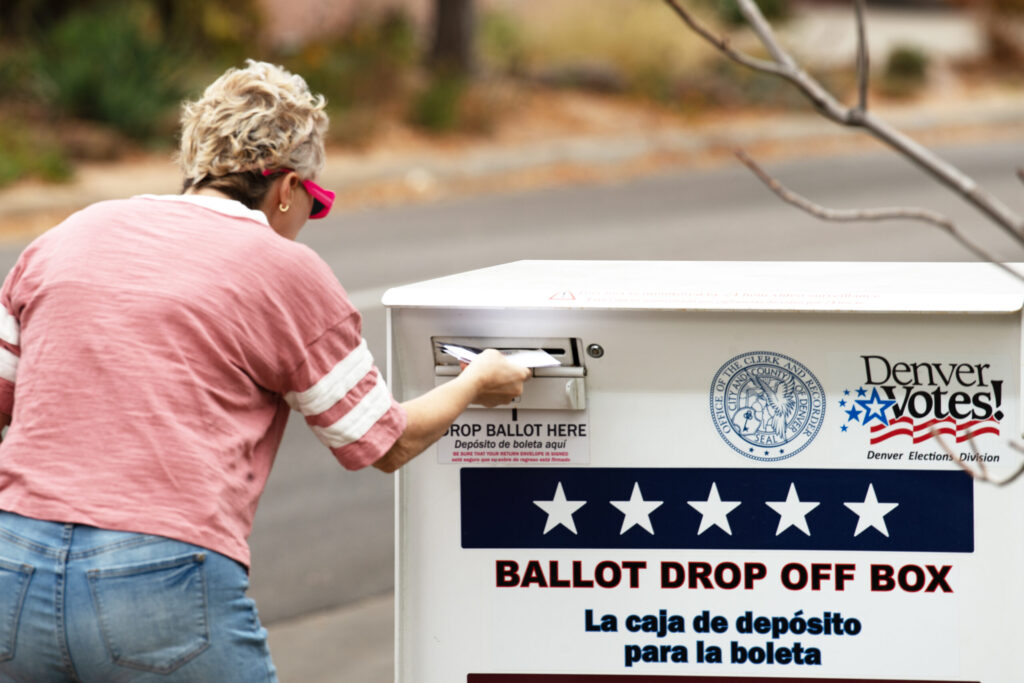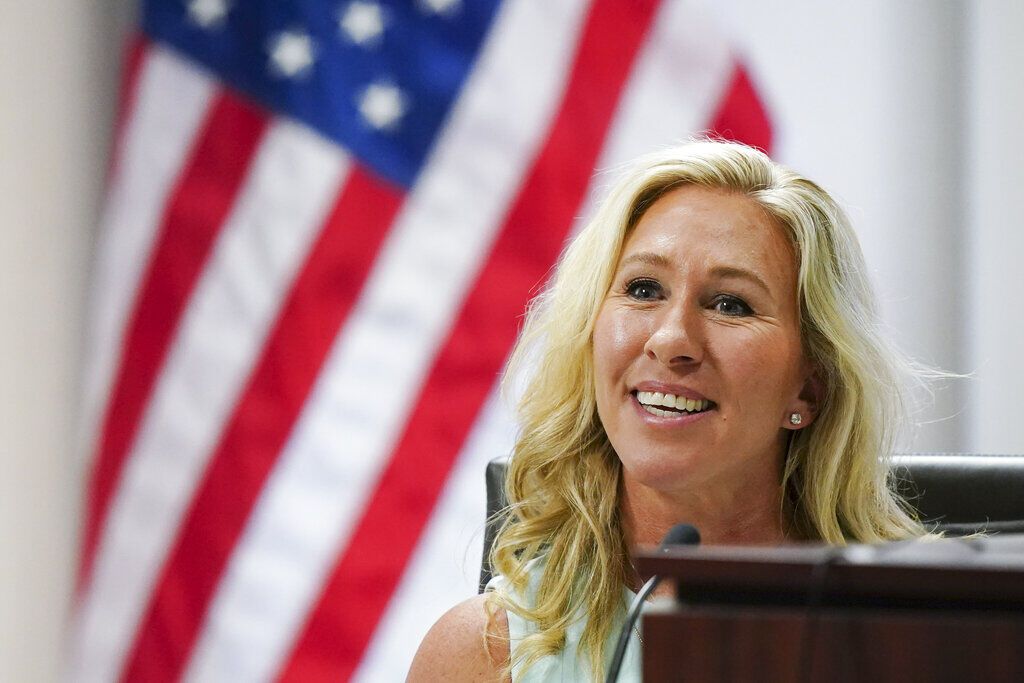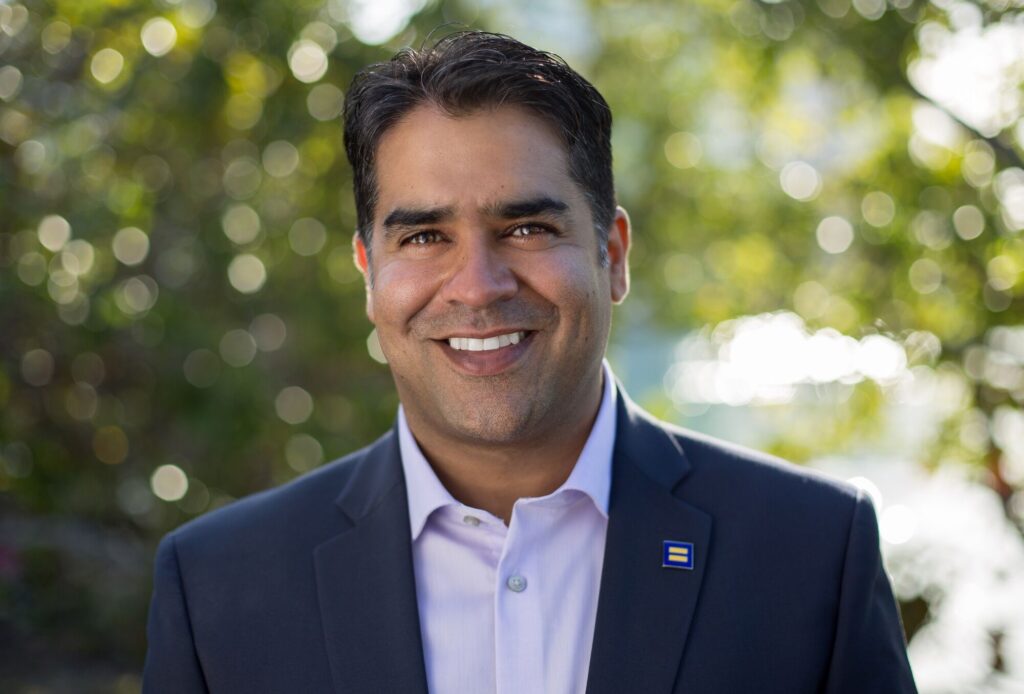Ballot measure to provide free healthy school lunches in Colorado kicks off campaign
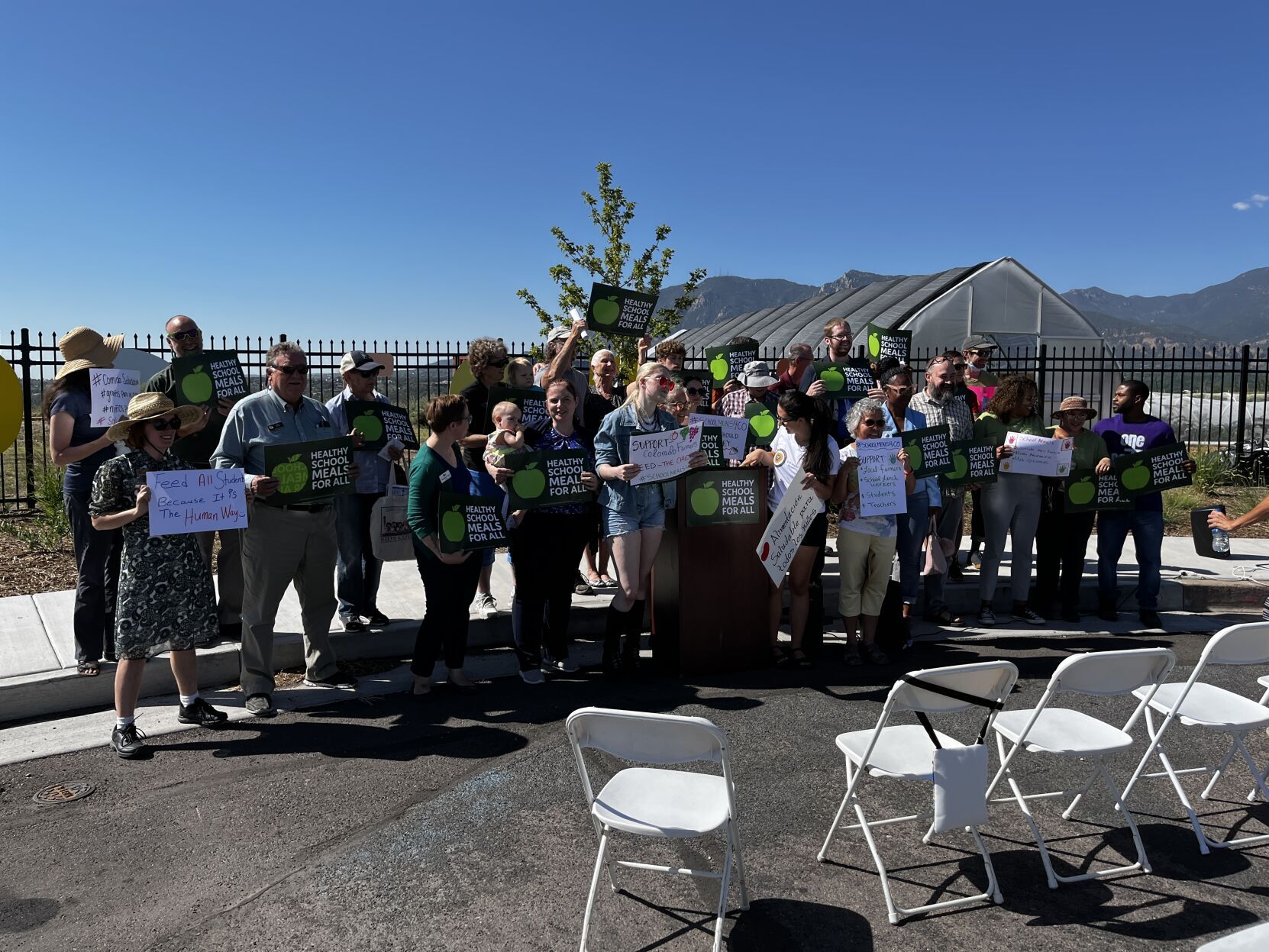
Anti-hunger advocates gathered near Colorado Springs’ Hillside Hub to launch their ballot initiative, the Healthy School Meals for All Program on Thursday. This was one of several statewide launches the group Food to Power has held to raise awareness of the initiative.
The mission of Healthy School Meals for All (HSMA) is to provide free, healthy lunches to all Colorado schools. This will be done by imposing a cap on state income tax deductions for those earning more than $300,000. This affects the top 3% of income earners in Colorado.
Are Colorado teachers the most underpaid in the U.S.?
According to the group, 2 in 5 Colorado families struggle to put food on the table. This struggle is felt disproportionately by Black, Indigenous and other communities of color.
Isabel Alvarodo is a member of the Colorado Statewide Parent Coalition, which was founded by parents who want to build a better world for their children.
“Our coalition supports healthy school meals for all because food justice is racial justice,” Alvarado said. “We know that this issue is disproportionately affecting BIPOC folks, and BIPOC folk’s access to resources has always been blocked. [This] is a direct way we can make a difference.”
The panel of speakers featured three local voices, an educator at Calhan Elementary School, a student anti-hunger activist, and a University of Colorado Colorado Springs student.
Brooke Sassi was the reading specialist at Calhan Elementary School and has seen the effect hunger can have on children firsthand.
“A student came into my first reading group for the day, and immediately put their head down on the table,” Sassi said. “After some coaxing to participate, she looked at me squarely and said ‘Mrs. Sassi, I had nothing to eat last night my stomach hurts, my head is fuzzy, and I don’t care about reading right now.'”
Hunger can result in students dozing off or not paying attention. Hungry students are more likely to be anxious and/or depressed, and are more susceptible to illness.
Pikes Peak Community College to begin new school year with new name
Hunger may not always be something that a child is willing or even able to talk about. There are significant stigmas associated with being hungry that kids may not, or don’t know how to, work through.
“That kid with that brown-bag lunch provided by the school may start to associate that with ‘my parents don’t have enough money, so I can’t get this,'” Chauncey Johnson, an anti-hunger activist, said.
Johnson participated in school meal programs and hopes the ballot initiative will reduce the stigma some kids experience, indeed that he himself experienced, while receiving school provided meals.
“When you have those it brings the idea to people that, ‘oh, I am better than this person,’ or ‘my parents do a better job than this person’s,'” he said.
Johnson also recalled one of the only healthy lunch options being “a wimpy salad,” which a child may only be able to have so much of before getting sick of it and not eating.
The HSMA also seeks to break down the walls that exist for those who may not qualify for free or reduced lunch, but still struggle to put food on the table.
According to the U.S. Department of Agriculture’s Food and Nutrition Service, a family of four must make less than $36,075 to qualify for free lunches, and less than $51,338 for reduced lunches.
According to the 2018 Colorado Self Sufficiency Standard, a family of four living in El Paso County must make a minimum of $65,000 to “meet each basic need at a minimally adequate level, without public or private assistance.”
Elise Rafferty is a junior in high school and an anti-hunger activist. She also participates in school meal programs.
“As a student, especially a former military student, I’ve seen the need for free and nutritious meals in many schools and many communities,” she said. “The current program, the Colorado eligibility provision, only provides for some schools and school districts in low income areas.”
Colorado teens propose addressing substance abuse, eating disorders, HIV in schools
Rafferty was born in the United States but raised in Germany as a result of being born into an Army family. She says the issue of food insecurity is felt by civilian and military families alike.
“A lot of the military families that I saw, they usually provide very base funding, but not enough to actively provide for a child,” she said. “When I was working with a nonprofit in Fountain, we had a lot of military families come in for our food distribution.”
This surprised Rafferty.
If passed, HSMA would be voluntary for districts. It would also be a continuation of a federal program that was implemented during the COVID-19 Pandemic.
“Nationally, we saw Congress put school meals for all in place the last two years so we had a pilot program,” said Ashley Wheeling, the policy director at Hunger Free Colorado. “Districts were able to provide every meal that any kid would need.”
According Wheeling, a poll conducted by Keating Research revealed 60% of respondents support HSMA. The poll was sent to 800 people. This gives activists hope the HSMA will pass in the November election.
“I’m very hopeful. … This is about the kids,” Chauncey Johnson said.


